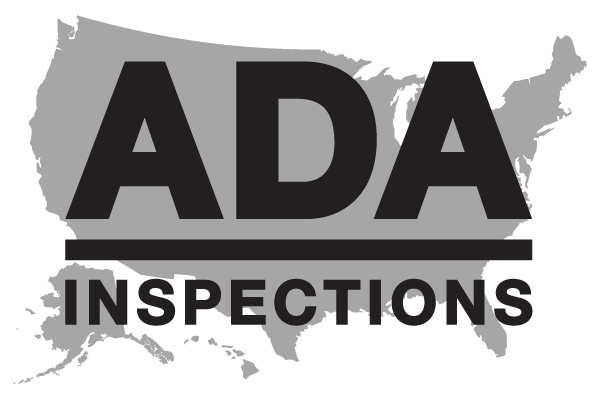Aging in Place Home Modifications for People Living with Autism
Autism is a developmental disorder of variable severity that is characterized by difficulty in social interaction and communication and by restricted or repetitive patterns of thought and behavior. Creative Housing Solutions and Rowell Brokaw Architects, PC, provide guidance on home modifications for people living with Autism Spectrum Disorder (ASD) + Co-occurring Behaviors. A Certified Aging-in-Place Specialist (CAPS) can help with home modifications.
Common characteristics of ASD include sensory and perception problems, organizational problems, communication issues, impaired thinking abilities, elopement, self-injury, aggressive behavior, seizures, anger, water play, incontinence, pacing, seclusion, head banging, hair pulling, biting, eye poking, slapping, climbing fences, lack of safety awareness, opening locks and gates, hiding, leaving home, and wandering away.
According to the CDC, symptoms of children or adults with ASD may include:
not pointing at objects to show interest (for example, not point at an airplane flying over)
not looking at objects when another person points at them
having trouble relating to others or not having an interest in other people at all
avoiding eye contact and wanting to be alone
having trouble understanding other people’s feelings or talking about their own feelings
preferring not to be held or cuddled, or might cuddle only when they want to
appearing to be unaware when people talk to them, but responding to other sounds
being very interested in people, but not knowing how to talk, play, or relate to them
repeating or echoing words or phrases said to them, or repeating words or phrases in place of normal language
having trouble expressing their needs using typical words or motions
not playing “pretend” games (for example, not pretending to “feed” a doll)
repeating actions over and over again
having trouble adapting when a routine changes
having unusual reactions to the way things smell, taste, look, feel, or sound
losing skills they once had (for example, stop saying words they were using)


